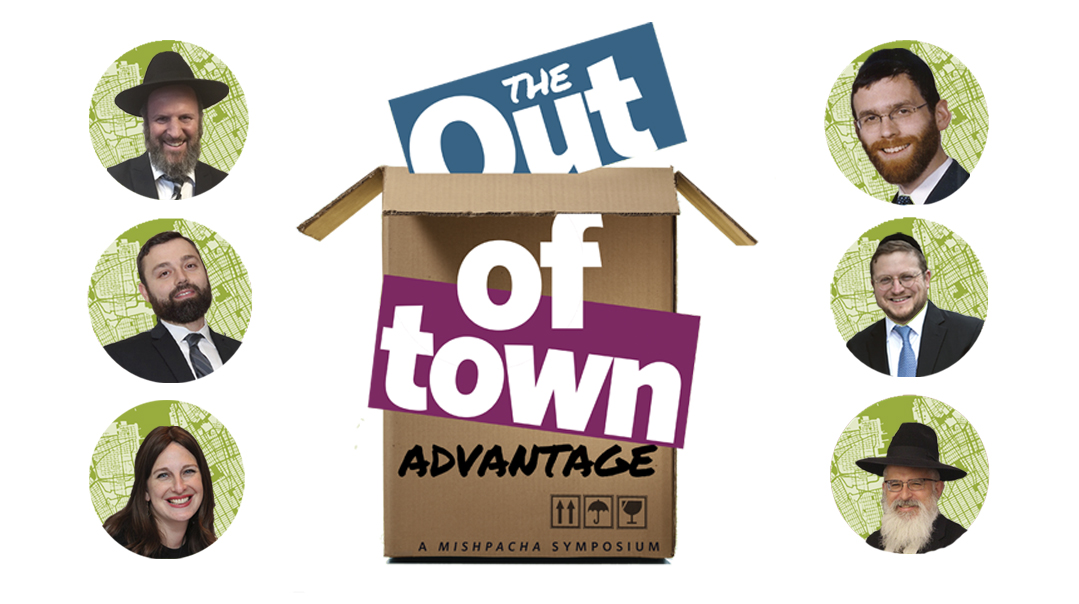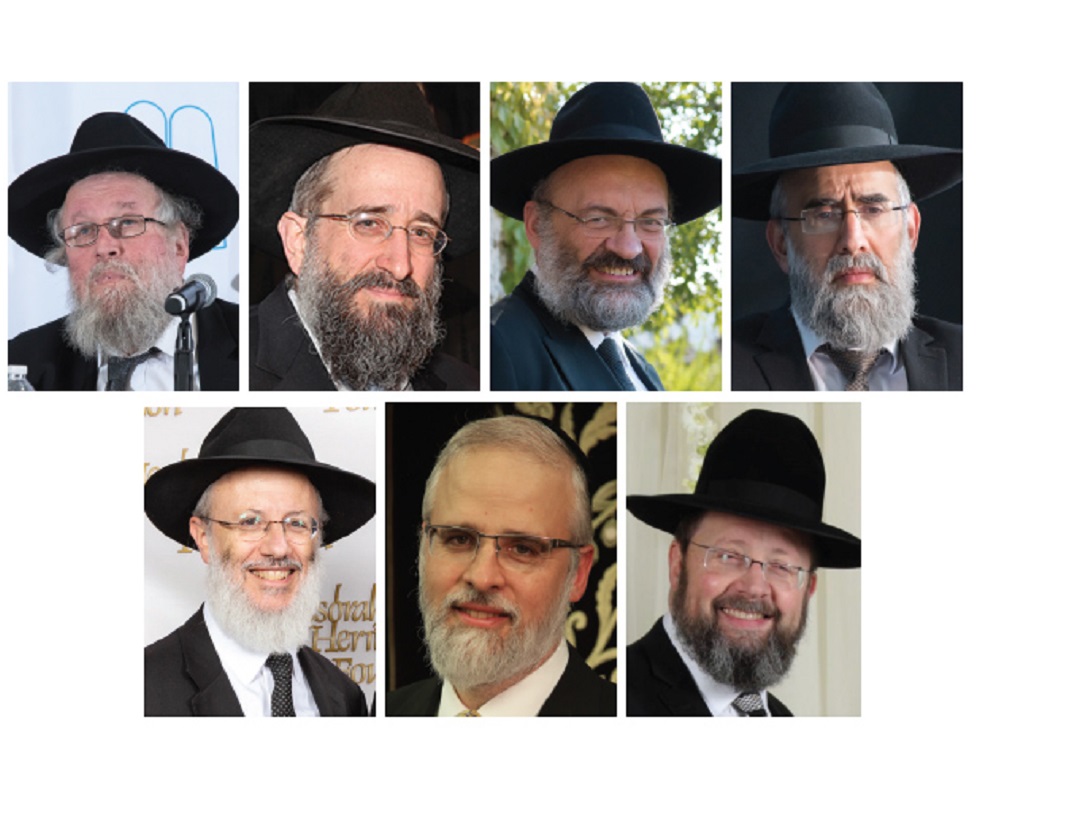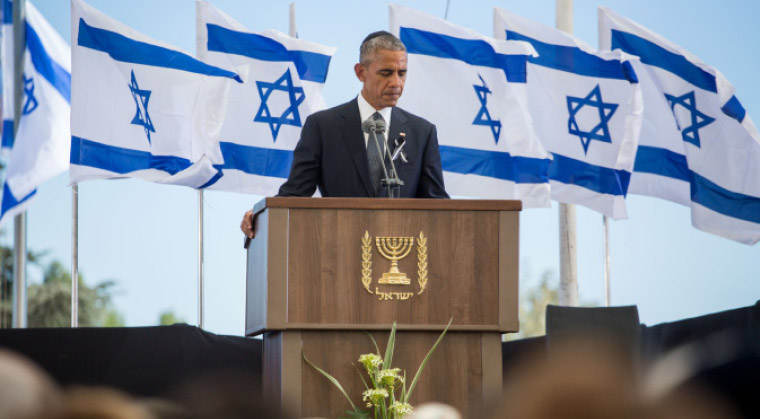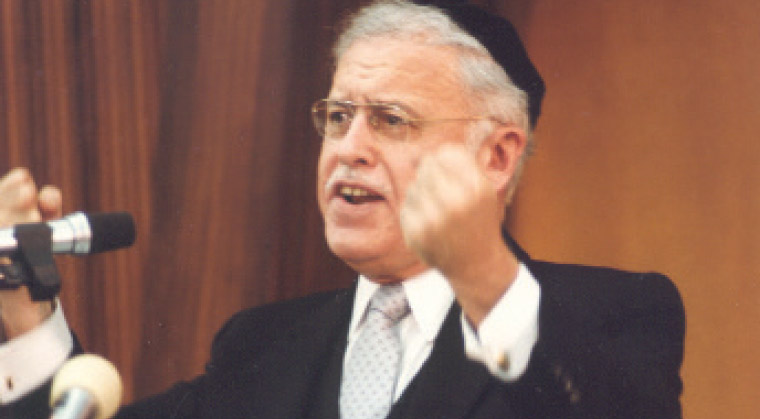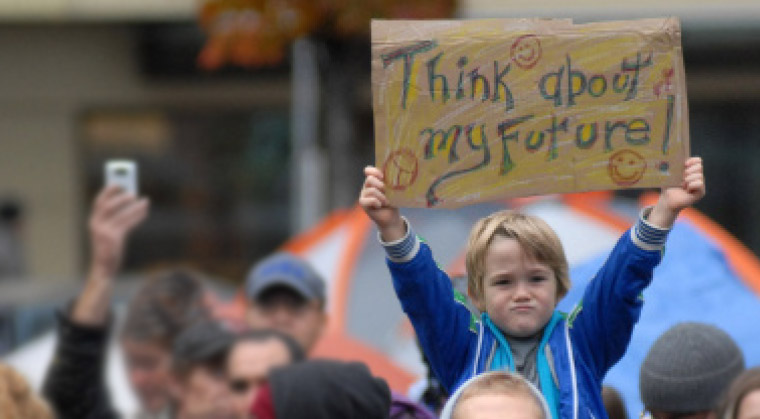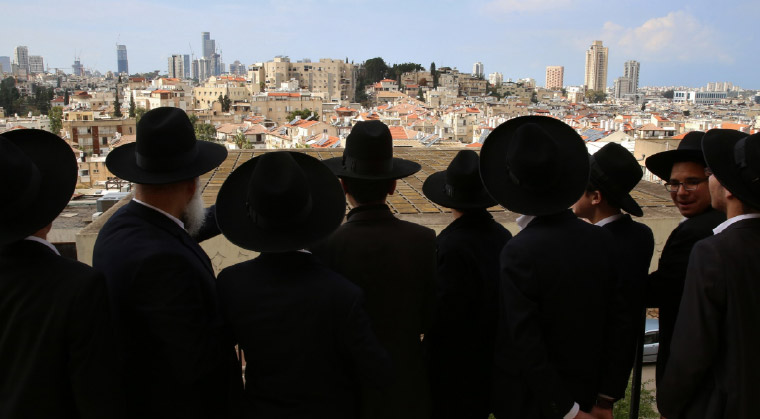In Our Political Times: Like Ephraim and Menashe
| March 28, 2018Reexamining our allegiances, involvement, and expectations in a turbulent political landscape
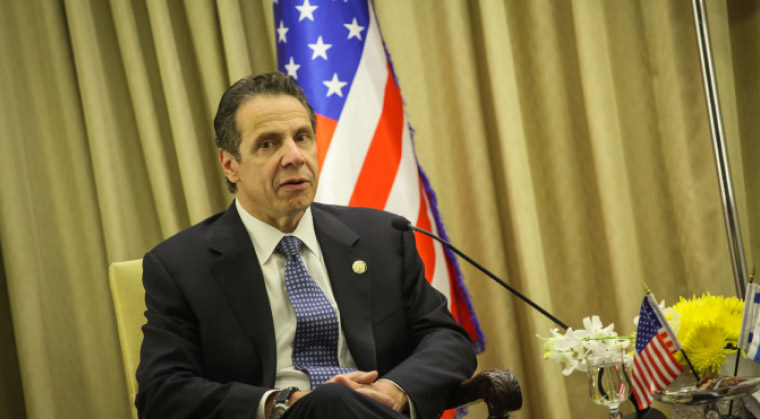
I
n 2014, as I accompanied Governor Andrew Cuomo up a back staircase after an event at a Bais Yaakov in Boro Park, a chassidic couple stopped us. They were holding a baby and told the governor that his decision to fund in vitro fertilization had helped them welcome a child into the world. They had been childless for many years, and felt incredibly grateful. The baby’s father then gave Governor Cuomo a framed picture of the baby with the words “Thank you, Governor Cuomo” running along the edge. The governor was visibly moved, and when we finally stepped outside he turned to me and said, “David, you helped push this funding through. I want you to have this.” Four years later, that remains the only picture on my desk.
As Jews, we are defined by three character traits. We are baishanim, gomlei chasadim, and rachmanim. I remind myself of these three traits as I walk through the door every day. After we strip away all the theater from politics, that is all that remains. As a frum Jew, this is how I want people to remember me.
I am one of a handful of people in the New York state government who wears a kippah, and the only one in the executive chamber. The responsibility that carries is enormous. Every day, I ask myself, “What do people see?”
If I go to a doctor to diagnose an ailment, it doesn’t mean that I lack bitachon or that my emunah is faulty. No. It is incumbent upon all of us to do our hishtadlus and to fight for what we believe in.
In New York state, the tuition crisis is one of the biggest problem facing the Jewish community. In New York, Governor Andrew Cuomo allocates close to $300 million toward private schools annually. That allocation wasn’t granted because people were quiet.
People often ask, “Why get involved in politics?” Hashem has a plan for the world, so does it really matter what we do? My answer is: to be an observant Jew in public service is to understand that I have a tafkid. My purpose is to help people. Every day I wake up with the opportunity to help my country, state, people, and community. Ipso facto my bitachon is my tafkid. They are not mutually exclusive.
In the summer of 2016, it was heartening to see that both the Democrats and Republicans catered to Orthodox Jews at their national conventions. There were numerous daily minyanim, daf yomi shiurim, abundant kosher food, Shabbos programs, and sifrei Torah at both conventions. At the recent AIPAC Convention, there were hundreds of people participating in daily minyanim.
Perhaps ironically, all of this general acceptance of Jewish life is happening at a time when our country is divided like never before. Gone are the days when we could civilly debate the issues of the day around our Shabbos tables. Over the last two years, I’ve heard many stories of conversations devolving into personal attacks and hurt feelings. I have a friend who won’t visit his family for Thanksgiving because he knows he’ll be forced to defend his political beliefs.
We have to learn again how to disagree respectfully with each other and how to treat our leaders with respect, even when we find their behavior or policies objectionable. To wit, presidents of both parties do some good things and some not so good things.
Every Friday night, Jews across the world bless their sons with the following words: “Yesimcha Elokim k’Ephraim v’chi’Menashe.” The question is, why Ephraim and Menashe? Surely the Jewish People have had greater role models. Why not the Avos, Moshe Rabbeinu, the Shevatim, or even gedolim of years past? Why do we mention Ephraim and Menashe?
Perhaps, the answer is that Ephraim and Menashe grew up in a palace, in close proximity to the greatest politician of his time, Pharaoh. And yet, the sons of Yosef Hatzaddik remained true to their beliefs and principles. Ephraim and Menashe did not become Egyptian; instead they remained proud and dedicated Jews. That’s why, thousands of years later, we bless our kids to be like Ephraim and Menashe.
So yes, it’s okay to view politicians as role models, as long as we are valuing them for the right reasons. Like Ephraim and Menashe, we shouldn’t be impressed by their power or wealth, nor the size of their security detail or the number of standing ovations they receive. We should be impressed and regard them as role models because they stay true to their moral and ethical principles.
It’s important to remember that we don’t ask Hashem to make our children like the gedolim or the Avos, but like Ephraim and Menashe. As an Orthodox Jew in politics, that is what I daven for, and that’s what I hope people see. The baby picture on my desk is a daily reminder.
Originally featured in Mishpacha, Issue 704. David Lobl serves as special assistant for Jewish affairs to Governor Andrew Cuomo. David lives in Far Rockaway with his wife and two children. In his spare time, he enjoys cooking.
Oops! We could not locate your form.







